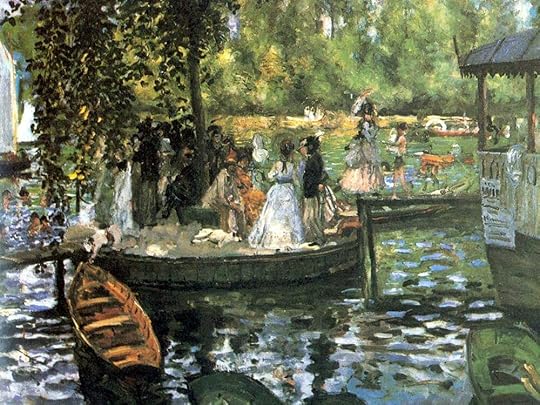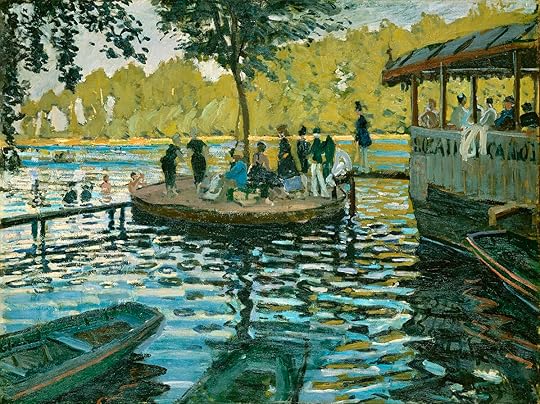What do you think?
Rate this book


210 pages, Paperback
First published August 1, 2018


Tourists... thinks the old Sherpa, who isn't old or, properly speaking, a Sherpa. They always manage to do something, these people - these tourists, he thinks. Then says. With an ambiguous gesture he indicates the void, the ledge where the body of an Englishman lies prone and immobile, and he says:
'These people...'
And so breaks the silence. If the deafening noise of the wind ravelling over the ridges of the Himalayas can be considered silence.
People From the East
Five hundred years prior, a nomadic people with a tradition of seasonal migration across the central Chinese province of Sichuan initiates a process of gradual westerly motion. In exile, they become pariahs: refugees who must seek their new station in the mountains. The locals baptise them according to their cardinal origins. People (pa) from the East (Shar): Sherpas.
It should be understood that climbing licences are a common phenomenon in the Nepalese school system: the Ministry of Education periodically prints supplements so that students who earn their keep as mountain guides can keep up with their classmates.
The foreigners who reach the summit believe that they have outperformed the species and, at least for an instant, they see themselves as demigods...For them, for the tourists, we are pack animals, the older man would say. Creatures capable of doing with relative ease what for human beings constitutes a feat. They see us as mules, beings with bones structures suited to lugging great weights. They see it as perfectly logical for Sherpas to summit. They ought to think of us as Titans, deities with powers unattainable by mere mortals. But they don't. When they reach the summit, they're the ones who are the heroes. It is they who have achieved mountaineering glory, the - so called- miracle of besting, of overcoming themselves.
 , where he too uses it as a theme for dealing with the effect of prejudice of a colonial flavour.
, where he too uses it as a theme for dealing with the effect of prejudice of a colonial flavour."Home, you idle creatures, get you home!"
"So what is it this play is trying to tell us in its very first scene? It doesn't matter. The author is Shakespeare, and he, like Isaac Newton, does not formulate hypotheses: he limits himself to describing the psychic mechanisms of man."
Just in case, he would not discard the old pencil; who knew, academic life worked through the accumulation of imponderables.The Old (not old) Sherpa is, in contrast, a regretful curmudgeon:
"Shall we get up?" the old Sherpa hears at the exact moment when, contemplating the figure of the fallen Englishman, he was already thinking that he would never find a way to reconcile his desire for egalitarianism with his misanthropy. So he responds "Sure". (This is the entirety of Chapter 66.)And then there were moments of pure narrative magic, as when wet clothes on a washline become exquisitely, existentially poignant:
The wind picks up. A gust comes from the north. A cloth (tablecloth, sheet, or tunic) is shaken, raised, and wrapped around the rope. There is something melancholy and then irreparable in that damp cloth, ever so slightly discoloured, victim of twisting and distortion. It seems impossible that it will ever be unknotted now. That from now on it will be like this: clinging to a rope in a suffocating embrace, strangling itself.